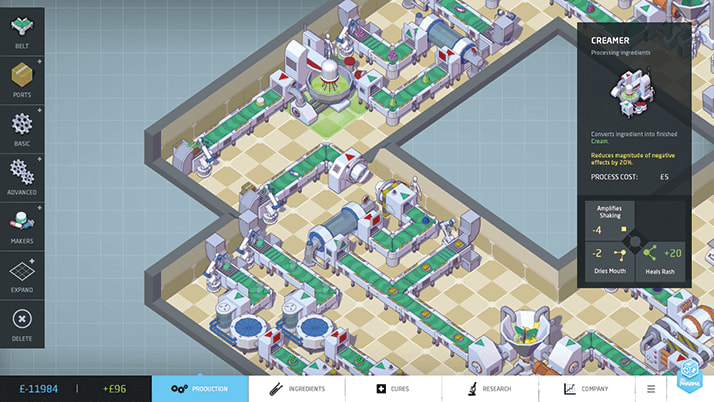Scientists are on a mission to make the world a better place. But to drive discovery and innovation, companies must maximize laboratory productivity in an increasingly costly – and fast-paced – research environment. Though non-core scientific tasks such as lab operations are critical, they take teams away from the vital work that drives innovative new treatments and therapies. Digitalization can optimize these non-core tasks and give scientists more time for discovery.
Lack of real-time visibility into basic resources is a core challenge for many labs. From the number of centrifuges on the shelf to whether equipment should be repaired or discarded, labs without accurate, instantaneous data must often wait weeks or months to identify trends, react to evolving situations, or make decisions.
Though many labs have already taken steps toward digitalization to operate more efficiently and prevent costly downtime, the COVID-19 pandemic further highlighted the need for real-time information. As labs sought to quickly develop safe and effective treatments and vaccines, they needed visibility into their processes and workflows. Organizations that already had robust digital solutions were better positioned to tap into the transparency needed to quickly pivot in response to global events. As we move into a post-COVID landscape, it will be more critical than ever for labs to have actionable intelligence that helps them get treatments to market faster.
In my view, lab digitalization can help manage a wide range of needs, from day-to-day operations to regulatory compliance. For example, inventory management tools such as smart shelves and point-of-use sensors bring Internet of Things (IoT)-based technology into the lab by providing real-time usage information and automated replenishment. This reduces the number of human interventions using sensor-triggered demand signals instead of physical time interval checks. In addition, moving from lab automation to analyzing data on what scientists are doing and which protocols they are working on produces predictive analytics that are based on past trends and habits.
Digitalization can also significantly enhance transparency into laboratory chemical management. Often, overstocked inventory, lost chemicals, and potentially expired substances are not uncovered until an audit is performed. Digitalization tools can help reduce this waste. For example, RFID can help locate and monitor chemical stock and provide real-time usage data. This allows laboratories to monitor chemicals, ensure proper handling and storage, and help determine the proper time for disposal and replacement.
Laboratories can also use digitalization tools to manage equipment over its full life cycle. Lack of visibility into equipment, from flasks to freezers, can lead to unplanned downtime, research delays, and noncompliant documentation. Labs can more efficiently manage the complexity of equipment lifecycle management with tools such as a digital repository that makes it easy to record audits or real-time data that indicates it is time to decommission. Likewise, digitalization can help labs navigate the evolving clinical trials landscape. As clinical trial sponsors increasingly embrace global multisite trials and decentralized trials, the implementation of sample management and technology, such as RFID-based tracking and tracing, can help researchers ensure supply chain transparency and trial integrity.
Although knowing what will happen, when it will happen, and why is valuable, companies can further leverage digitalization capabilities to move into prescriptive analytics that make recommendations and indicate their potential outcomes. This can be done by connecting the right systems and tapping into existing data. For example, in a laboratory that uses methylene chloride (HPLC) solvent for chromatography, researchers need information about the molecules, the conditions, and the resins. As more data points are connected, AI technology can analyze the data and make recommendations for more effective, more environmentally friendly solvents – and, most importantly, provide information on any parameters that might need to be adjusted. In another example, this technology could analyze a cell culture growing in a flask, suggesting better flask options if available and identifying what other condition settings are required to optimize the experiment.
To get treatments to market faster, laboratories must maximize productivity. Whether a lab manages digitalization in-house or works with an outsourcing services partner, these advanced technologies can provide the visibility researchers need to optimize the lab environment so they can focus on what matters most: discovery and innovation.





